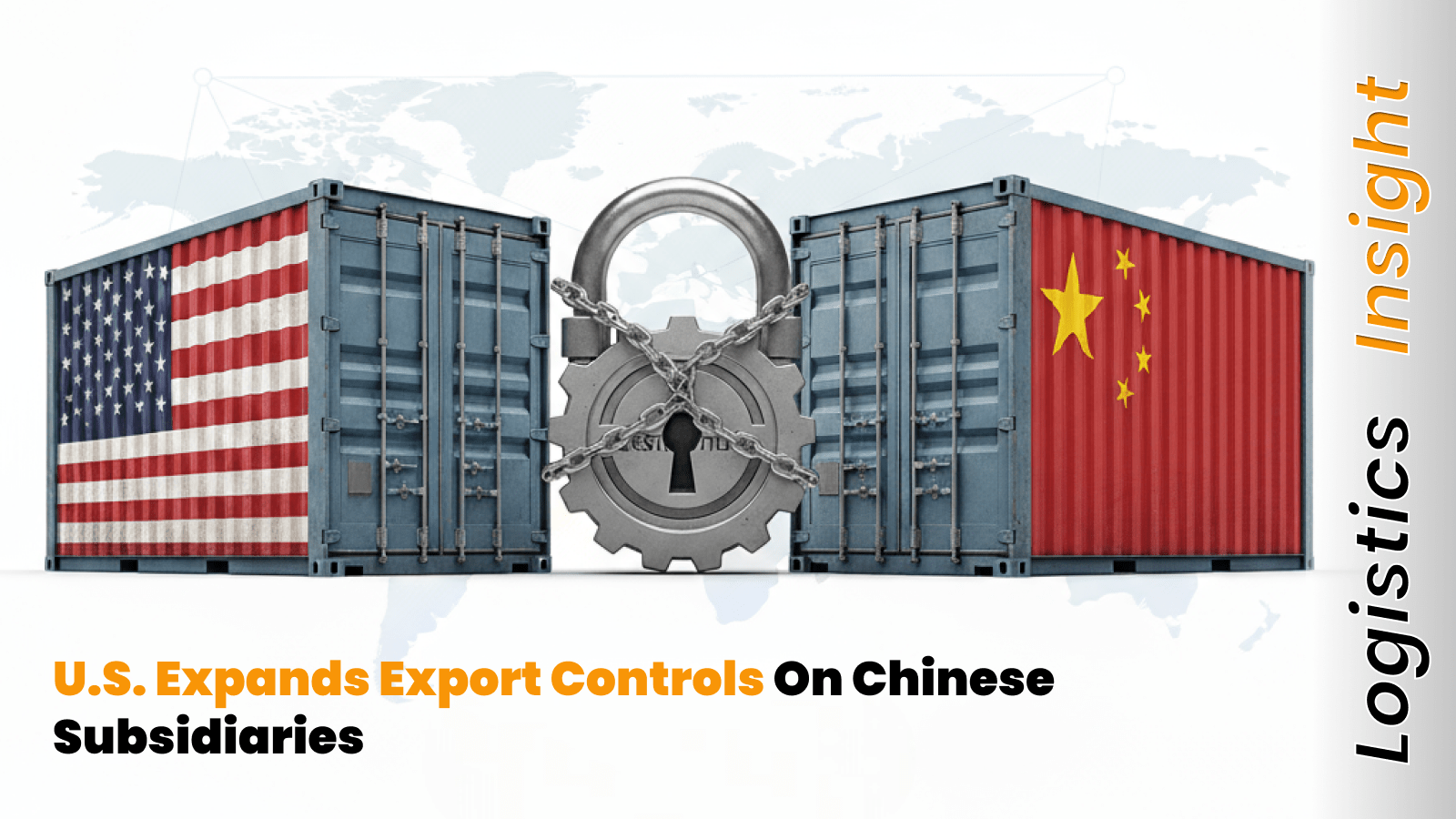
U.S. Expands Export Controls on Chinese Subsidiaries
On September 29, the Commerce Department unveiled a significant expansion of U.S. export restrictions to include subsidiaries of companies already blacklisted, such as Chinese technology firm Huawei. The new rule targets subsidiaries that are 50% or more owned by entities on the blacklist, imposing the same restrictions on them as their parent firms.
The Bureau of Industry and Security (BIS) within the Commerce Department now requires enhanced due diligence on shipments to entities with substantial minority ownership by sanctioned companies. Jeffrey Kessler, Under Secretary of Commerce leading BIS, stated, “For too long, loopholes have enabled exports that undermine American national security and foreign policy interests. Under this administration, BIS is closing the loopholes and ensuring that export controls work as intended.”
This policy broadens the scope of entities requiring U.S. government authorization for certain exports, particularly affecting companies in China and Russia. It addresses concerns over these countries’ military and technological advancements, especially in AI and semiconductor production. The new controls apply globally and affect two sanction lists: the entity list, covering parties acting against U.S. interests, and the military end-user list, identifying those procuring items for foreign militaries. The change harmonizes Commerce’s approach with Treasury’s Office of Foreign Assets Control.
Washington has long used the entity list to restrict Chinese tech companies like Huawei and Yangtze Memory Technologies. These restrictions focus on limiting advanced AI and chip technology, which could potentially benefit China’s military capabilities.
China’s Ministry of Commerce condemned the new measures, urging the U.S. to “correct its wrongdoings and stop the unjustified suppression of Chinese enterprises” and warning that Beijing would take necessary measures to protect its firms.
The sanctions come amid ongoing U.S.-China trade tensions. Recently, BIS sanctioned several Chinese companies believed to have supplied restricted equipment to Semiconductor Manufacturing International Corp., a key Huawei partner. The timing of these sanctions, coinciding with trade talks in Spain, sparked criticism from China’s Commerce Ministry questioning the U.S.’s true intentions.
A U.S. official, speaking anonymously, said they do not expect the new rules will majorly affect trade flows because they are designed to prevent blacklisted companies from bypassing controls via subsidiaries. However, industry experts caution that the changes will increase compliance burdens, making it harder for companies to identify whether their customers are subject to these restrictions.
Doug Jacobson, international trade attorney, remarked, “This dramatically increases the compliance requirements. This will lead to more red flags, more delays while companies try to get certainty as to who their counterparties are.” He also noted that while encouraging companies to apply for an export license if unsure about end-user ownership offers some help, it also complicates the process for the agency and exporters.




Comments are closed